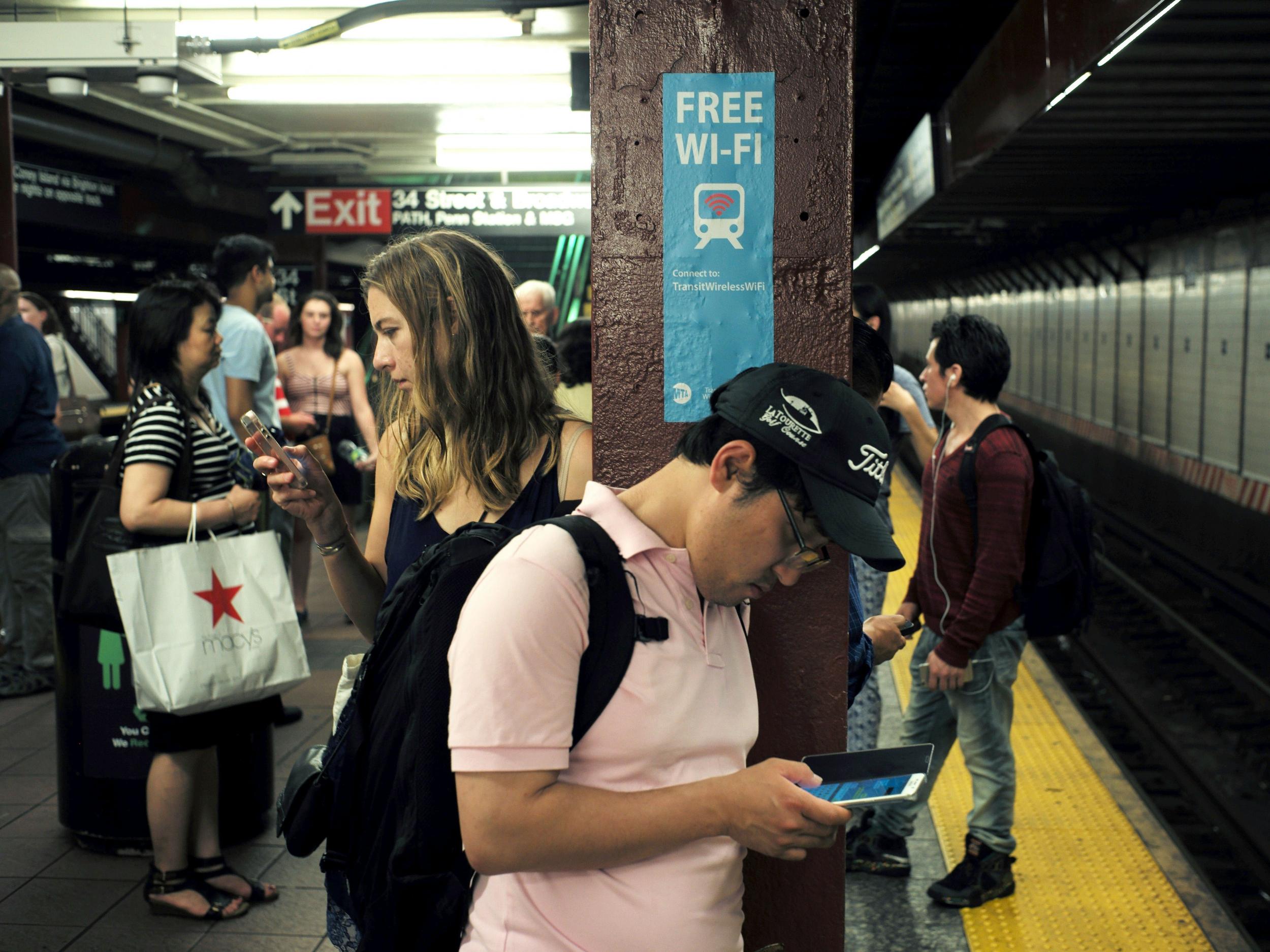Work email could be banned outside office hours by New York City
'Lines between our work and personal lives have blurred,' says councilman

Your support helps us to tell the story
From reproductive rights to climate change to Big Tech, The Independent is on the ground when the story is developing. Whether it's investigating the financials of Elon Musk's pro-Trump PAC or producing our latest documentary, 'The A Word', which shines a light on the American women fighting for reproductive rights, we know how important it is to parse out the facts from the messaging.
At such a critical moment in US history, we need reporters on the ground. Your donation allows us to keep sending journalists to speak to both sides of the story.
The Independent is trusted by Americans across the entire political spectrum. And unlike many other quality news outlets, we choose not to lock Americans out of our reporting and analysis with paywalls. We believe quality journalism should be available to everyone, paid for by those who can afford it.
Your support makes all the difference.New Yorkers could be freed from the grip of their work email outside office hours under a new bill set to be introduced in the city.
The proposed Right to Disconnect Bill would ban private companies with more than 10 employees from requiring their workers to respond to electronic messages, including texts and emails, outside work hours.
Company bosses would still be able to contact employees outside working hours, but they would not be allowed to fire or discipline them for failing to respond.
Businesses in New York’s five boroughs would be fined at least $250 (£176) for failing to abide by the rule. There would be exceptions for emergencies.
“The lines between our work and personal lives have blurred. My bill will simply protect employees from retaliation when they choose to disconnect,” councilman Rafael Espinal, who is bringing the bill, said in a Twitter post.
The proposals mirror measures brought in in France, Germany, Italy and the Philippines.
Research has shown people who responded to work communications in the evenings have worse quality sleep and are less productive the next day.
One 2017 study found the average workers spent an extra eight hours a week sending emails outside work.
Researchers monitored 365 working adults and said they found “both the actual time spent on emails and organisational expectations regarding employee availability to monitor work emails after hours lead to emotional exhaustion”.
In turn, this “negatively affects perceptions of work-life balance and work identification”, the researchers found.
But a work email ban has not been popular in the past, with a similar bill proposed last year for city workers not moving past the committee stage.
Join our commenting forum
Join thought-provoking conversations, follow other Independent readers and see their replies
Comments